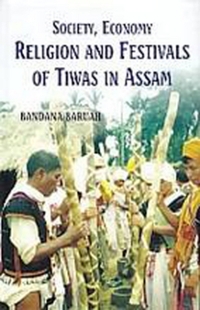Question
Game Night: Imagine a group of friends that gather to play games for the night. For each particular game, players can be of the type
Game Night: Imagine a group of friends that gather to play games for the night. For each particular game, players can be of the type good (G) or bad (B). Each player knows their own type, but the type is not revealed to the rest of the party. Good players will always win against bad players. When two players of the same type face each other, each has a 1/2 chance of winning. The payoff of winning is 1, and -1 for losing. Players can choose to play (P) or not (N). If both choose P, then the types determine the outcome; if both players choose not to play each get 0, if one choose to play but the other refuse, the one that refuse gets 0 and the one that choose to play gets 2. Imagine that all players know that there are two good players and two bad players. Players are matched randomly.
(a) Represent this game in extensive form and normal form.
(b) Intuitively, what do you think a bad player should do if his/her current opponent won the previous match? what if the opponent lose the previous match? What if the opponent refuse to play the last game?
(c) Should good players ever refuse to play? Should bad players always refuse to play?
(d) (Extra) How will the game change if there is only one good player and three bad players?
Step by Step Solution
There are 3 Steps involved in it
Step: 1

Get Instant Access to Expert-Tailored Solutions
See step-by-step solutions with expert insights and AI powered tools for academic success
Step: 2

Step: 3

Ace Your Homework with AI
Get the answers you need in no time with our AI-driven, step-by-step assistance
Get Started


